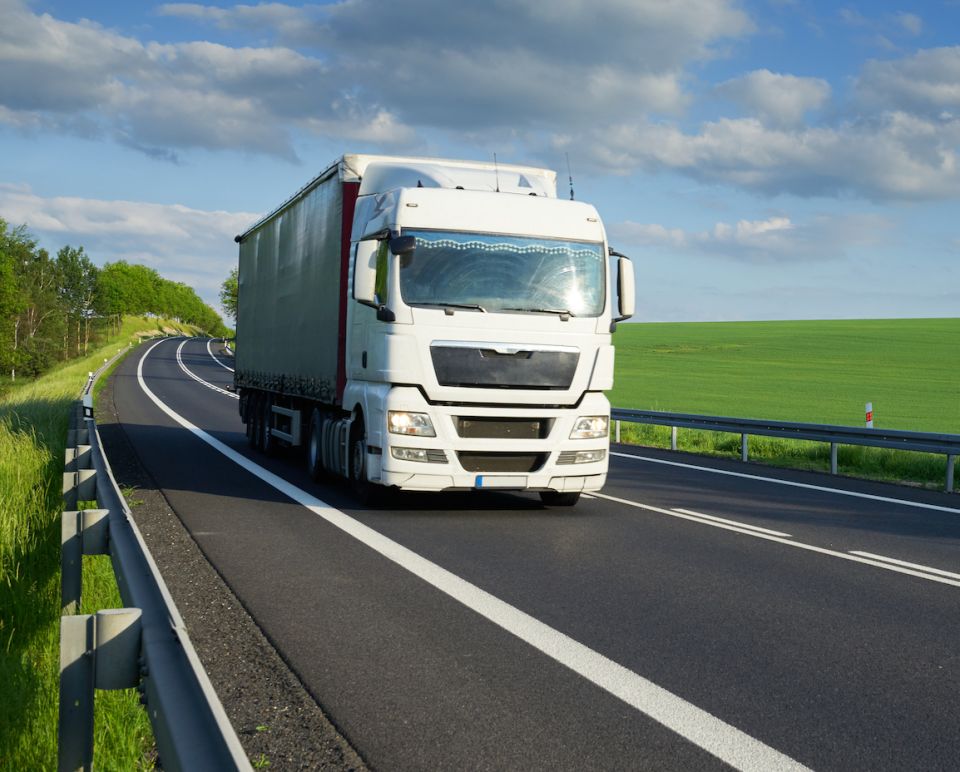Truck insurance in the USA is a specialized form of commercial auto insurance designed to protect businesses that operate trucks and other commercial vehicles. Whether you own a single truck or manage a fleet of vehicles, having the right insurance coverage is essential to protect your assets and comply with legal requirements. Here’s what you need to know about truck insurance in the USA:
1. Types of Coverage:
a. Liability Insurance: This coverage is mandatory in most states and covers bodily injury and property damage caused by your truck in an accident where you are at fault.
b. Physical Damage Coverage: This includes Collision Coverage, which pays for damage to your truck caused by a collision, and Comprehensive Coverage, which covers theft, vandalism, fire, and other non-collision incidents.
c. Cargo Insurance: Protects the goods being transported in your truck in case they are damaged, lost, or stolen during transit.
d. General Liability Insurance: Provides coverage for third-party bodily injury and property damage claims that occur outside of operating your vehicles, such as slip-and-fall accidents at your business premises.
e. Umbrella Insurance: Offers additional liability coverage beyond the limits of your primary liability policies.
f. Non-Trucking Liability Insurance: Also known as bobtail insurance, it covers your truck when it is being driven for personal use and not for business purposes.
2. Factors Affecting Premiums:
a. Driving Record: A clean driving record with no accidents or traffic violations will generally result in lower premiums.
b. Type of Cargo: Hauling hazardous materials or high-value goods may increase your premiums due to the increased risk.
c. Vehicle Type and Value: The type, age, and value of your trucks will impact your insurance costs.
d. Coverage Limits: Higher coverage limits will result in higher premiums, but they provide greater protection in case of a significant loss.
e. Deductibles: Choosing a higher deductible can lower your premiums, but you will be responsible for more out-of-pocket costs in the event of a claim.
3. Legal Requirements:
Truck insurance requirements vary by state and depend on factors such as the type of truck, its weight, and its intended use. However, most states require commercial vehicles to carry a minimum amount of liability insurance.
4. Customized Coverage:
Insurance providers offer customizable policies tailored to the specific needs of trucking businesses. Whether you operate tractor-trailers, box trucks, tow trucks, or dump trucks, you can find coverage that meets your unique requirements.
5. Choosing the Right Insurance Provider:
a. Reputation: Look for insurance companies with a strong reputation for customer service and claims handling.
b. Experience: Choose an insurer that specializes in commercial trucking insurance and understands the unique risks faced by trucking businesses.
c. Financial Stability: Ensure that the insurance company is financially stable and has the resources to pay claims promptly.
d. Coverage Options: Compare coverage options, limits, and premiums from multiple insurers to find the best fit for your business.
Truck insurance is a critical investment for trucking businesses, providing financial protection against a wide range of risks. By understanding your coverage needs, shopping around for the right policy, and working with a reputable insurance provider, you can protect your assets and ensure compliance with legal requirements while operating your trucks in the USA.
